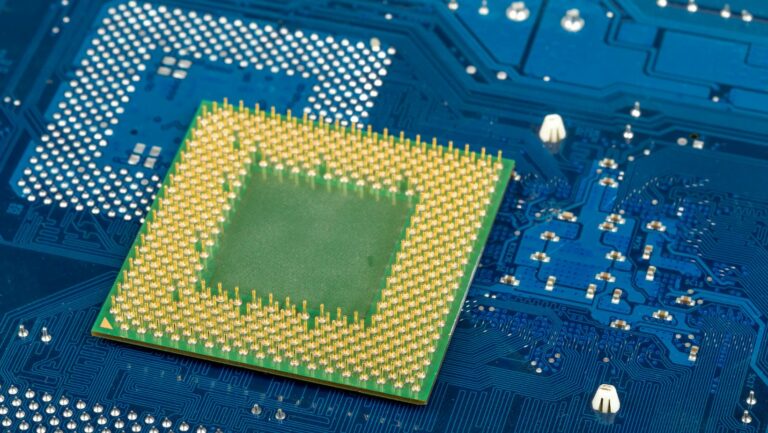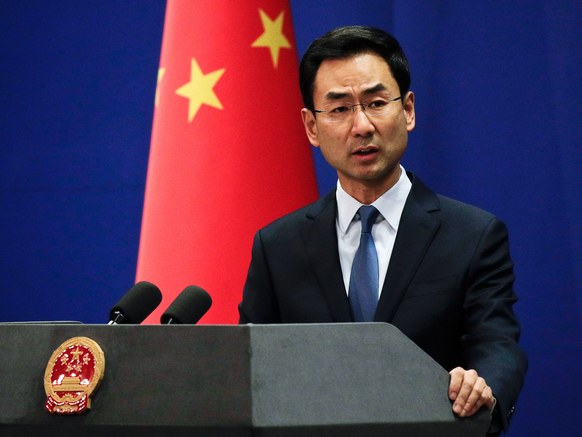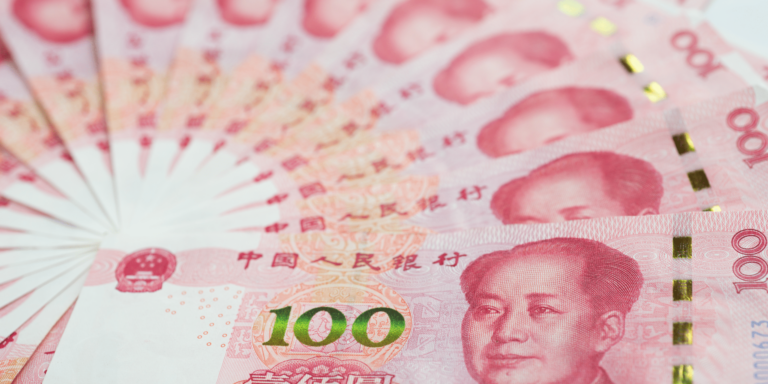Japan’s Export Controls on Chip Making Tools: Tensions and Coordination Challenges
In a move to align with U.S. policies aimed at restricting China’s ability to produce advanced semiconductors, Japan has implemented export controls on chip making tools. While the intention behind these controls is to address concerns related to China’s push for advanced technologies, some officials in Tokyo believe that the combative U.S. approach may hinder coordination and unnecessarily provoke Beijing. This article delves into the implications of Japan’s export controls, the concerns regarding coordination with the U.S. and the Netherlands, and the potential impact on the global chip manufacturing industry.
Japan’s Broad Equipment Controls
Japan’s recent export controls involve restricting 23 types of equipment used in chip manufacturing, ranging from machines that deposit films on silicon wafers to devices that etch out microscopic circuits. Notably, unlike the U.S., which specifically references China in its October announcement targeting Chinese companies, Japan has chosen broad equipment controls not explicitly aimed at its larger neighbor. This approach has raised concerns among some Japanese officials, who believe that there is no need to identify the country and that controlling the item itself should suffice.
The Need for Coordination and Unity
Coordination between Japan, the U.S., and the Netherlands is crucial in aligning their respective controls on chip making equipment. Drawing the line between what can be safely let go and what needs to be restricted is a challenging task. Jim Lewis, a former U.S. State Department and Commerce Department official, emphasizes the importance of cooperation while acknowledging that each country may have a slightly different threshold. All three countries aspire to add chip tools to the list of controlled items under the Wassenaar Arrangement, an international agreement established after the Cold War. However, achieving unanimous backing from the 42 member nations, including Russia, seems unlikely.
To overcome potential coordination difficulties, an alternative approach could involve forming a closer group comprising Japan, the U.S., and the Netherlands to oversee chip manufacturing tools. This group could eventually expand to include other countries, ensuring a more unified approach.
The Implications and Perspectives
The implications of these export controls extend beyond Japan and impact the global chip manufacturing industry. While some Japanese chip tool makers anticipate only a limited business impact, concerns remain about potential retaliatory measures from China, such as a ban on Japanese electric cars.
In anticipation of updates to U.S. regulations, there are speculations that the Biden administration will align with Japan’s broader tool list. Additionally, there are indications that the U.S. may go further than the Netherlands in limiting the supply of Dutch lithography machines to certain Chinese plants. Such actions, however, require coordination with Japan to ensure consistency in blocking restricted items.
Japan’s imposition of export controls on chip making tools to align with U.S. policies has sparked concerns about coordination, potential retaliation, and unity among countries addressing China’s push for advanced technologies. With the global chip manufacturing industry at stake, close cooperation between Japan, the U.S., and the Netherlands is essential. By finding common ground and working together, these nations can navigate the complex landscape of export controls and contribute to a more balanced and secure technology ecosystem.
Source: https://www.reuters.com/technology/space/japan-aligns-with-us-chip-curbs-china-some-tokyo-feel-uneasy-2023-07-24/

International Logistics
If you’ve ever considered expanding your expertise in the dynamic field of logistics and supply chain management, now is the perfect time to take the plunge. Sign up now for an upcoming course:








